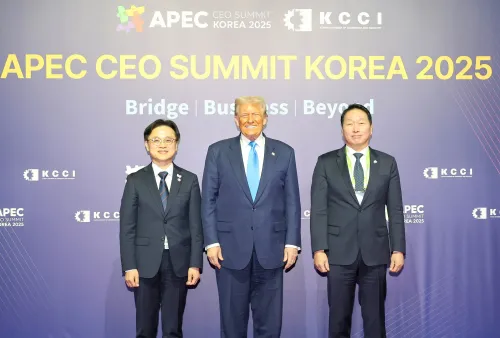70% of Indian Hoteliers Feel Zomato, Swiggy's Private Labelling Harms Their Business: NRAI Survey

Synopsis
Key Takeaways
- 70% of industry professionals are concerned about private labelling
- 69% feel they lack negotiation power
- 92% prioritize customer data for experience improvement
- 34% believe aggregators have taken their customers
- Collaboration must be fair to ensure sustainability
New Delhi, Jan 22 (NationPress) Approximately 70 percent of individuals within the Indian hospitality sector feel that private labelling initiatives by quick commerce platforms like Zomato and Swiggy are negatively influencing their operations. Additionally, 69 percent report feeling powerless when it comes to negotiating commission rates, as revealed by a poll conducted by the National Restaurant Association of India (NRAI) on Wednesday.
In light of worries surrounding the monopolization by online food delivery services that are launching private labels and utilizing restaurant data, the NRAI, which represents over 500,000 restaurants nationwide, conducted a live poll involving 8,000 participants across the country.
“India's food delivery landscape is at a pivotal moment, facing challenges related to profitability, sustainability, and equity. While we appreciate innovations like quick commerce, we are significantly alarmed by aggregators entering the private label space, exploiting restaurant data, and directly competing with their partners,” stated Sagar Daryani, President of the NRAI.
This trend not only creates an unlevel playing field, but it also erodes the trust that is essential to this ecosystem. The absence of policy transparency, increasing commission rates, and aggressive advertisement-driven visibility strategies are all factors contributing to the precarious position of restaurants, he added.
While 92 percent of poll participants agree that customer data is crucial for enhancing customer experience, 42 percent advocate for greater flexibility in discounting practices.
Approximately 34 percent contend that “Aggregators have appropriated customers and transformed restaurant patrons into their own clientele.”
Zorawar Kalra, Vice President of NRAI, emphasized that the restaurant sector is founded on authenticity, experiences, and value—elements that should not be compromised by deep discount cycles and inequitable terms imposed by aggregators.
“Although these platforms have certainly broadened their reach, their strategies must align with the sustainability of the dining-out ecosystem. Collaboration is key, but it must be conducted in a fair and equitable manner,” he remarked.










